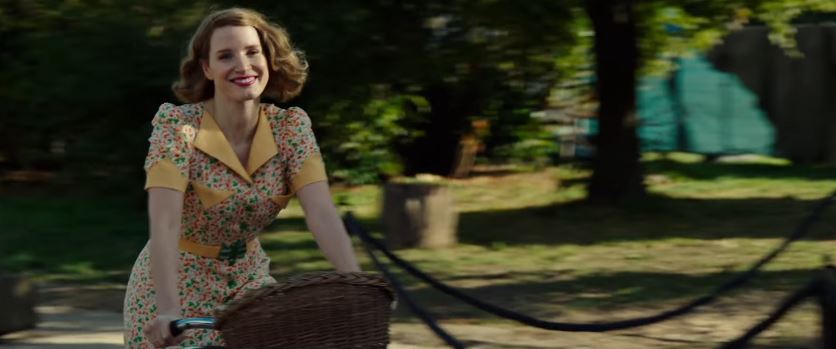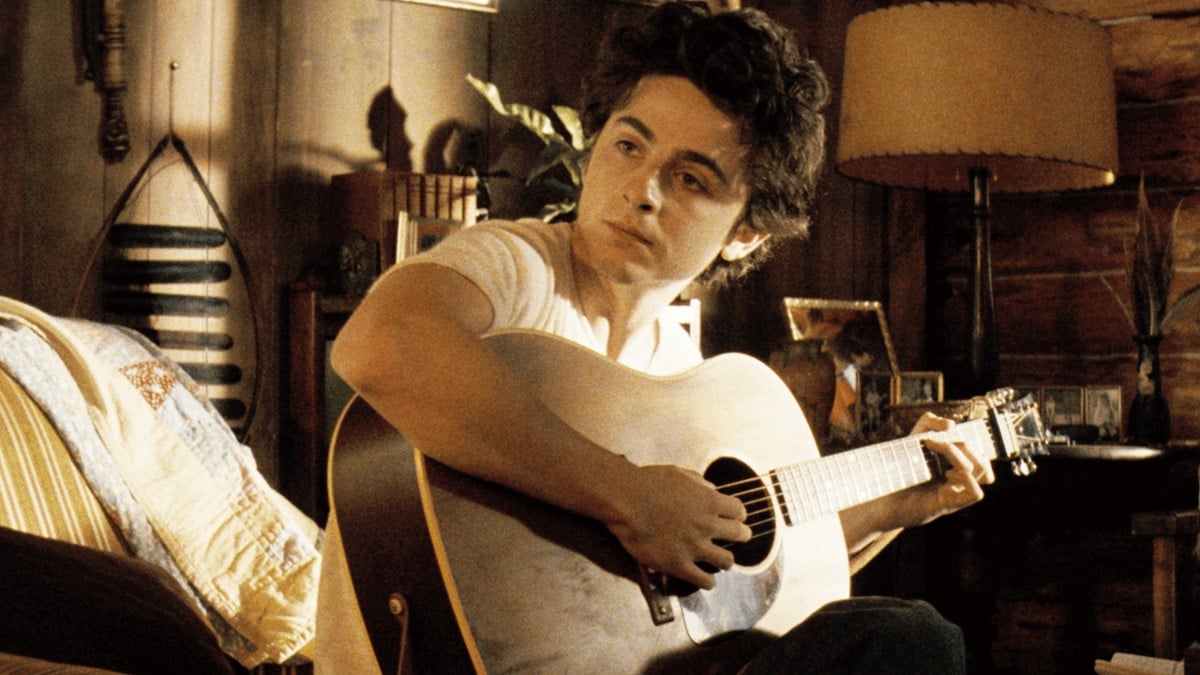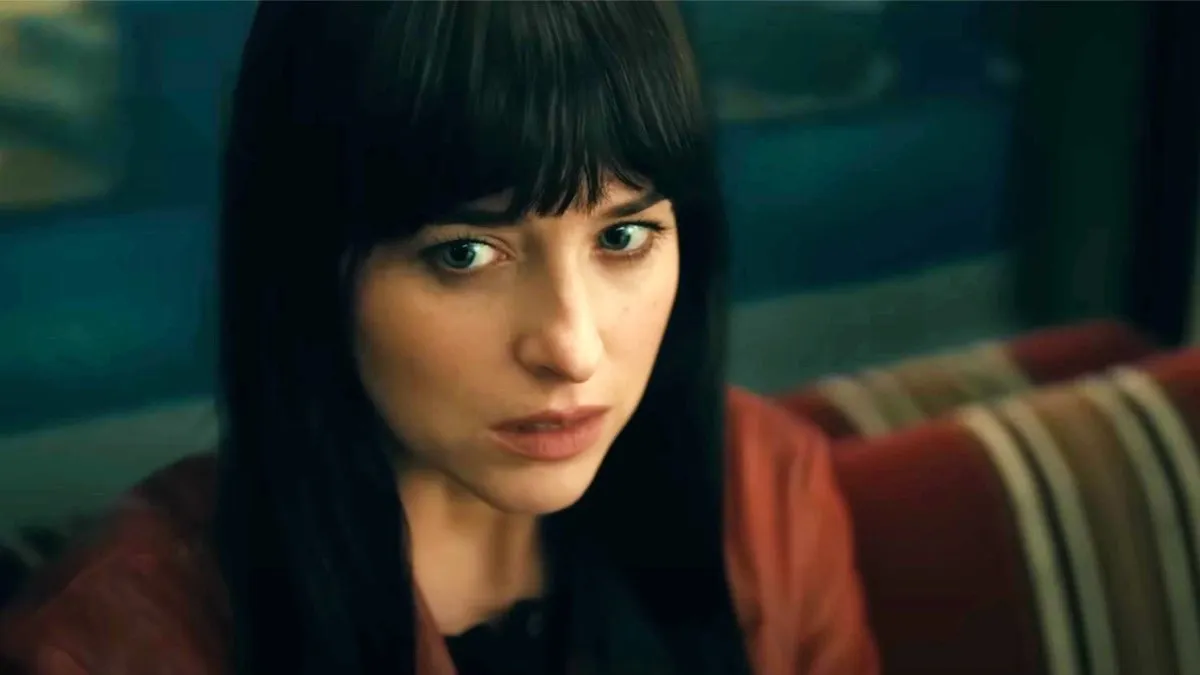One of the cool things about the upcoming film The Zookpeeper’s Wife is the strong female presence behind the scenes as well as on screen. Directed by Niki Caro (who will take on Disney’s live-action Mulan next), the script was written by Angela Workman and is based on the novel by Diane Ackerman.
The WWII drama centers on the real-life story of Jan and Antonina Żabiński, the Polish couple who smuggled 300 Jews from the Warsaw Ghetto into their nearby zoo. In the film, they’re played by Jessica Chastain and Johan Heldenbergh, with Daniel Brühl starring opposite them as Nazi zoologist Lutz Heck. Ackerman previously spoke to us about why this film is so relevant right now and elaborated on the Zabinksis’ bravery.
Now Workman is chiming in with greater details on Brühl’s character Heck, as well as what she’d change about her industry.
The Mary Sue: Daniel Brühl described his character as someone evolving from man to beast. Can you talk a little bit about who Lutz Heck was at the beginning of the film versus who he turned out to be at the end?
Angela Workman: Well, Lutz Heck was such an interesting, complicated man. He was their friend, their colleague—Jan’s colleague. He and his family, his father and his brother, all had spent their lives running zoos. His father and his brother ran the Munich Zoo and he ran Berlin. It’s complicated to get in the mindset of Lutz Heck because he represents the psychology of the Germans at the time, of what became the Nazi party at that time…which was that he was a zoologist; he cared deeply for animals. His zoo was built with open habitats so in the beginning of the film, when they have the dinner party and they’re discussing the building of an open habitat in the Warsaw Zoo, it’s based on his designs. He wanted freedom for his beautiful animals. He was also a hunter. I think these contradictions live in a lot of people. [And he believed in] selective breeding, which he took on with Hermann Göring, who was second in command to Hitler. So he had it in him. There was a seed in there that could sprout at some point.
I like to think of him as a decent man in the beginning. He did kind of have a crush on Antonina but I think respectfully. But power corrupts, that’s my thought, and once he became not just a Nazi but Hitler’s chief zoologist and in control of all the zoos and animal sanctuaries and mentored by Hermann Göring … and wanted to start breeding programs so that they could perfect animals so they could hunt them and kill them, that’s the psychosis of these people, you see him start as one thing and become another … Which is a colleague and a friend and a decent man corrupted by the war and then the animal instinct as he fell in love with Antonina. I think he fell in love with Antonina and tried to have her and was kind of stalking her … I think he goes a little mad throughout the course of the story. I think that he loses his way psychologically through this. It’s a poison in him, that sick power. And then when he discovers that she’s been playing him in order not die or have her family [killed], once he realizes he’s been played, he just explodes in madness and he’s going to kill them all. So it’s almost as if he comes full circle. In some ways, his decency comes back. The Heck cattle that [were] being bred are still being bred today. He knew what he was doing in terms of zoology. He was a brilliant scientist.
TMS: As a female screenwriter, is there something about the industry that you would like to change?
AW: Well, they should hire us more often. One of the reasons why I’m able to write [bigger studio films] is because of all people, Roland Emmerich, who makes those huge popcorn movies. [He] read some of my earlier work 15 years ago and he’s a history buff and he loved those scripts … [He] said, “I’d like you to write a film about the Spaniards coming to Yucatan and what happened to the Mayans. And so, because of Roland, I got to write a huge epic about conquistadors and Yucatan and the Mayans. The fact that he hired me, everyone is always reading your work as writing samples, I was able to go off to China and write a huge film in China and then another film … So there was an action of one person, happened to be a man, who opened a door for me that I got to walk through and now I’m able to write epic histories as opposed to small histories [which is] where I started.
It didn’t matter that I was male or female, he just loved the writing. So I wish that people based their hiring decisions more on the actual amount of talent and the skill and skillset and that they would understand that they were in good hands with this person just by the fact of reading the words on the page. I wish we could just rip off the title page so they don’t know if it’s a man or woman …
People need to trust that we’re [women] not going to write “girly” pictures. And I think the fear of hiring women is that we’re going to put everybody in doilies and pink hats … But we actually can write hard-hitting things. We can direct hard-hitting things. Kathryn Bigelow is a prime example of that. Niki Caro has a beautiful sensibility and she can direct the most delicate things but she can also show really brutal things. We have all of that in our nature. They [men] just have to be braver and more broad-minded about who they hire for these things and that we can write in a masculine way if that’s what they need … I happen to think that’s not specifically gender-directed … [But] I hope it happens more and more.
The Zookeeper’s Wife opens in theaters on March 31.
(image via screencap)
—The Mary Sue has a strict comment policy that forbids, but is not limited to, personal insults toward anyone, hate speech, and trolling.—
Follow The Mary Sue on Twitter, Facebook, Tumblr, Pinterest, & Google+.









Published: Mar 28, 2017 04:23 pm